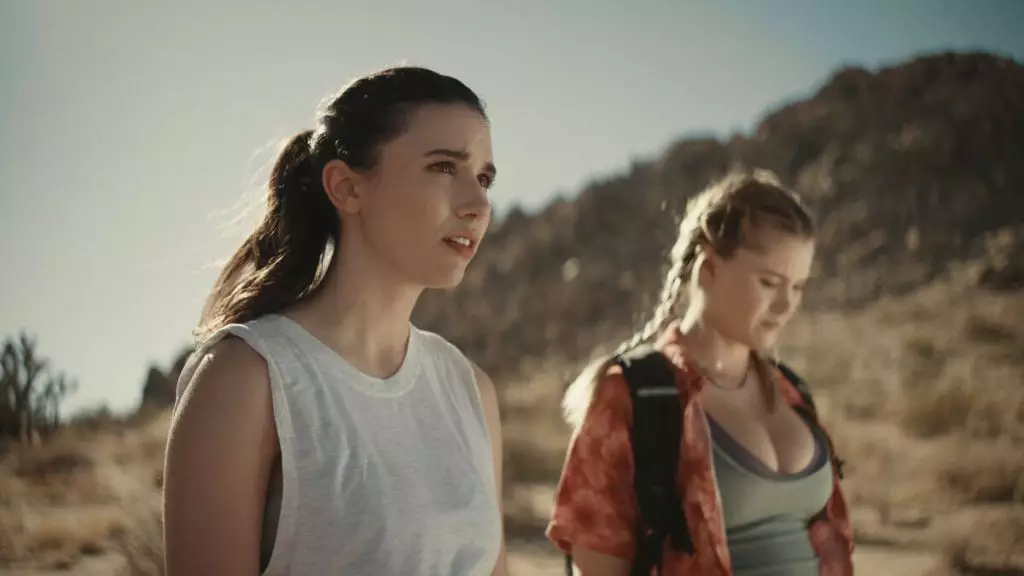In recent years, the film industry has increasingly found itself at a crossroads with the emergence of Artificial Intelligence (AI) technologies. A summit held in Zurich brought together key industry leaders, including Jim Rivera from Flawless, David Unger of Artist International Group, Chris Jacquemin representing WME, and producer Sara Murphy from Fat City, to discuss the dual nature of AI as both an opportunity and a challenge. While the panel was largely optimistic about the transformative power of AI in filmmaking, they also emphasized the importance of addressing significant ethical concerns related to its use.
The panel’s positivity about AI rests on the belief that we are experiencing a paradigm shift comparable to the introduction of sound in cinema. David Unger articulated this sentiment effectively, referring to this moment as the ‘birth of a new cinematic language.’ The notion that AI could redefine how stories are told, how content is consumed, and even what constitutes ‘celebrity’ in the film industry is powerful. As filmmakers embrace AI tools to enhance storytelling, we may witness a diversification of narrative styles and formats, paving the way for a new generation of artists versed in these emerging technologies.
AI Tools in Indie Cinema
Flawless stands at the forefront of integrating AI into independent filmmaking. The company employs tools like TrueSync, which enables the dubbing of films into various languages and allows for modifications to scenes post-production. Notable projects like “The Fall” demonstrate AI’s potential to streamline production and afford significant cost savings, especially for indie filmmakers. However, as Jim Rivera pointed out, the challenge remains in maintaining quality control. The intricacies of film—resolution, color depth, and the essence of a performer’s artistry—are paramount. Any changes made to an actor’s performance via AI tools necessitate thorough consent from the artist, underlining the ethical dilemmas inherent in these advancements.
Rivera’s collaboration with Hollywood guilds during industry strikes showcases an effort to ensure ethical standards are upheld as AI technologies evolve. The panelists acknowledged the need for a framework to navigate new rights surrounding digital likenesses and performance consent, which is increasingly relevant as AI applications advance.
Sara Murphy highlighted the financial impact of AI on film production, particularly in indie projects. The potential for AI tools to save hundreds of thousands during reshoots represents a significant advantage, especially for smaller studios with limited budgets. However, Chris Jacquemin reminded attendees that while these tools can enhance the creative process, they also require vigilance regarding the ethical implications they introduce.
Jacquemin’s reflection on the early days of smartphone technology is apt; initial AI applications may appear rudimentary, much like early apps that only showcased potential rather than true utility. Yet, as the technology matures, it increasingly supports complex filmmaking tasks, including storyboarding and idea pitching—ultimately influencing how content is developed and executed.
One critical point raised during the discussion was the aspect of consent in media. Jacquemin recounted experiences where companies sought to retain rights over performers’ voices for future projects, without involving the artists themselves. This raises essential questions about ownership, rights, and the ethical implications of AI-generated content. The film industry must navigate these waters carefully to protect the interests of those whose artistry is being leveraged in increasingly sophisticated ways.
The discussion culminated with questions about the future of celebrity in the age of AI. The consensus among panelists was clear: AI-generated movie stars may soon become a reality. Jacquemin noted the potential for digital characters, akin to those in video games, to acquire celebrity status, thus altering the traditional understanding of fame and performance in cinema.
As AI technologies continue to evolve, they present both exhilarating opportunities and substantial challenges for the film industry. The Zurich Summit panel articulated a vision of a future where AI’s innovative power could revolutionize storytelling, yet the ethical concerns surrounding consent, quality, and rights underscore the complexity of this transformation. Industry stakeholders must prioritize dialogue and establish frameworks to navigate these challenges, ensuring that the potential benefits of AI do not come at the cost of artist autonomy and integrity. As we stand at the precipice of this new cinematic era, a careful balance must be struck between embracing technological innovation and safeguarding the human elements that make storytelling resonate.

